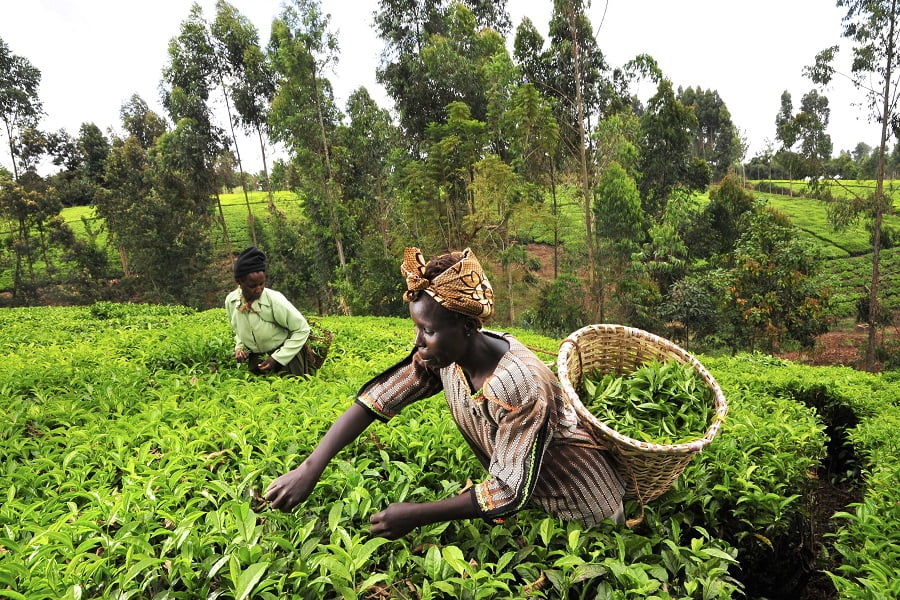Two million smallholder farmers in Nigeria are to enjoy zero-interest financing options through the Agric for Foods and Jobs Plan (AFJP) as a mitigant against the impact of the coronavirus pandemic on the agriculture sector, the Nigerian government has said.
Sabo Nanono, the Agriculture and Rural Development Minister, informed journalists at a press briefing in Abuja on Tuesday that the AFJP programme would be a joint venture arrangement, involving the Federal Ministry of Agriculture and Rural Development, the Central Bank of Nigeria, private sector players as well as farmers.
“This programme will be achieved through investment in the sector by way of providing zero interest input financing options such as fertilisers and seeds to farmers across the 36 states and the Federal Capital Territory to produce harvests that could be sold domestically and internationally,” he said.
According to him, the scheme which the agriculture ministry plans to launch, will run for 12 months with an aggregate of two million hectares of farmland and will link farmers to markets through out-grower schemes and enhance crop yield by hectare.
“This will in turn ensure food security in the post COVID-19 era and position smallholder farmers to be drivers of economic growth by evolving from subsistence farming to commercial production.
“The AFJP targets two million smallholder farmers across the 36 states of Nigeria and the FCT and aims to produce 10 million tonnes of food which include carbohydrates, animal protein and edible oils within the next 12 months.”
Priority crops and livestock targeted by the scheme for local markets comprise rice, maize, cowpea, sorghum, groundnut, millet, cassava, cotton, palm kernel and horticulture.
Others which are planned for export include cocoa, hides and skin, horns and hoofs, hibiscus and sesame seeds.
He assured that government was committed to protecting jobs in the sector in order to reduce the impact of the pandemic on the food supply chain.

